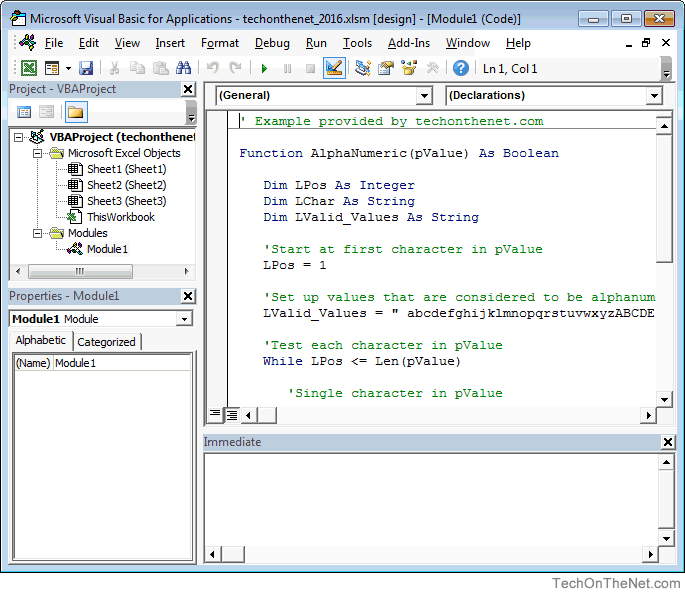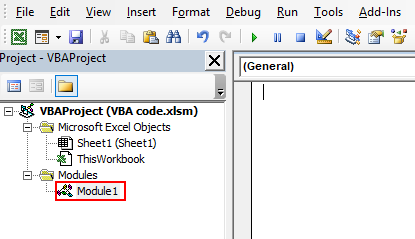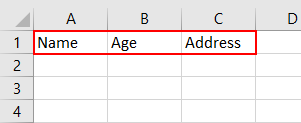

Subject = “XX ” & Format(Date, “dd-mm-yyyy”) Set OutApp = CreateObject(“Outlook.Application”) I am trying to add in code to save the below to a shared drive with a date in the name of the file ie “abc ” Would also love to send a print screen in the body of the mail too – can anyone help with that?Ĭase 51: FileExtStr = “.xlsx”: FileFormatNum = 51
#WRITE VBA CODE IN EXCEL FOR MAC HOW TO#
The following example will show you, how to overwrite a file by disabling the application alerts. Overwrite an Existing Workbook using VBA – An Example Once you are done with the task, you should enable the application alerts by setting the property TRUE.

You can avoid this by disabling the alerts temporarily and save the workbook with the same name by setting the Application.DisplayAlerts=False property. Overwrite an Existing Workbook using VBA – Solution: It will interrupt the procedure and ask user to press yes or no for overwriting a file. While Saving the existing workbook or a new excel file with existing name, Excel will prompt a warning message.
#WRITE VBA CODE IN EXCEL FOR MAC DOWNLOAD#
You can download the example file and explore it.ĪNALYSISTABS – Save Workbook Overwrite an Existing Workbook using VBA You can simply save the file without changing its file name or path name using Save method. SFilename = "WorkbookName.xls" 'You can give a nem to saveĪctiveWorkbook.SaveAs ThisWorkbook.Path & "\" & sFilename Sub ExampleToSaveWithSamePathDifferentName() You can save the workbook in the same directory of the macro workbook using ThisWorkbook.Path property. Save Workbook in the same location of the Macro (this) Workbook SFileSaveName = Application.GetSaveAsFilename(InitialFileName:=InitialName, fileFilter:="Excel Files (*.xlsm), *.xlsm") So that user can choose desired location to save the file. You can Save the Workbook to Specific Folder by showing the Save Dialog Box to user. Save Workbook to Specific Folder using Save Dialog Box 'wkb.SaveAs Filename:="C:\WorkbookName1.xls"

If you are dealing with more than one workbook, you will need this method to access a specific Excel Workbook. Set to an Object and Save it, so that it is easy to refer to your workbook to do further tasks. 'ActiveWorkbook.SaveAs Filename:="C:\WorkbookName1.xls" The following example show you how to save an Excel Workbook in Specific folder using SaveAs method:ĪctiveWorkbook.SaveAs "C:\WorkbookName.xls" Save Workbook in the same location of the Macro (this) Workbook.Save Workbook to Specific Folder using Save Dialog Box.Save Workbook to Specific Folder – Example Cases: So that user can choose a specific folder to save the Excel File. In other method, you use Save Dialog Box. You can also set to an object and Save the File. Or you can use different File Name and Location to Save the File. You can Save with the same File Name and Location. You can use SaveAs method to Save the File to a specific location.

Or in other case you may not have the permissions to Save the File in a location, so that you can use SaveAs Option to store the revised or updated file. Once you are done with actual calculations or task, at end of the procedure we generally call a procedure to export or Save the Output File to a Specific Folder or common drive. VBA save as Workbook Excel Macro code helps Save file to a specific Folder, its is a common task in automation process.


 0 kommentar(er)
0 kommentar(er)
